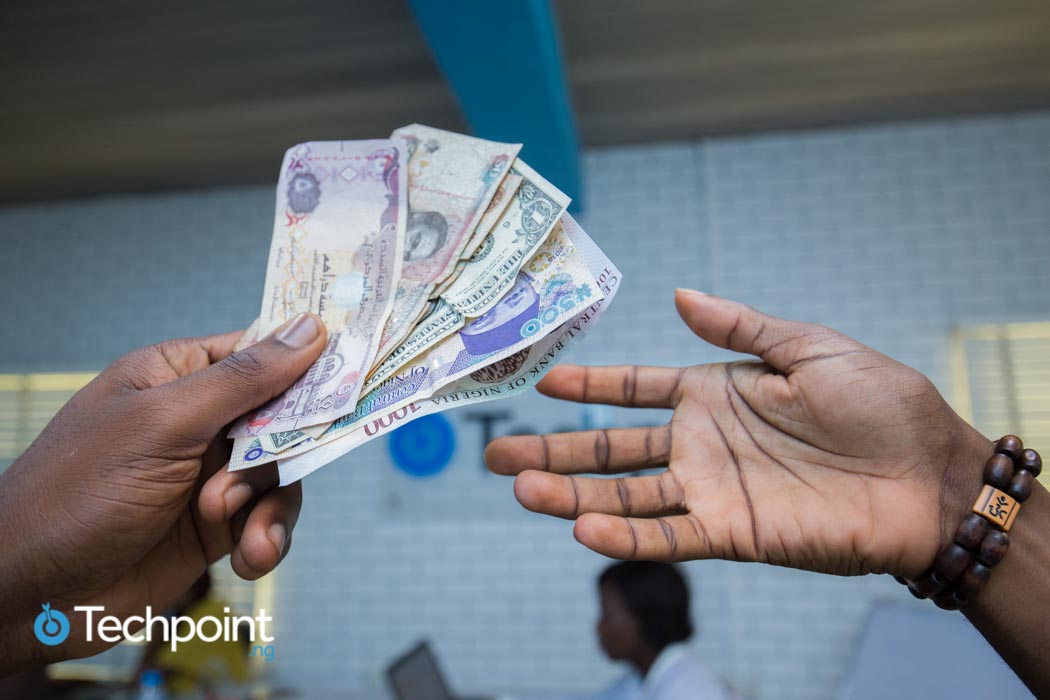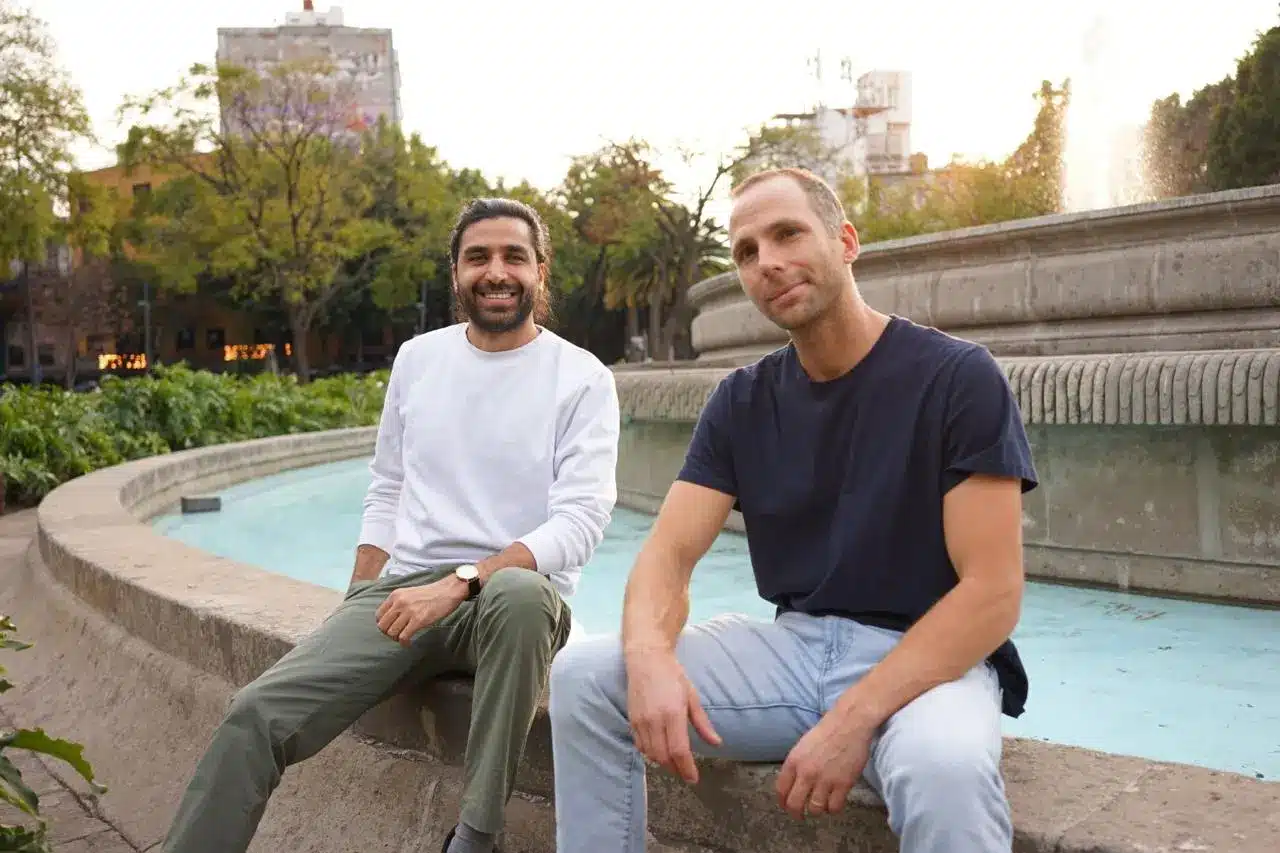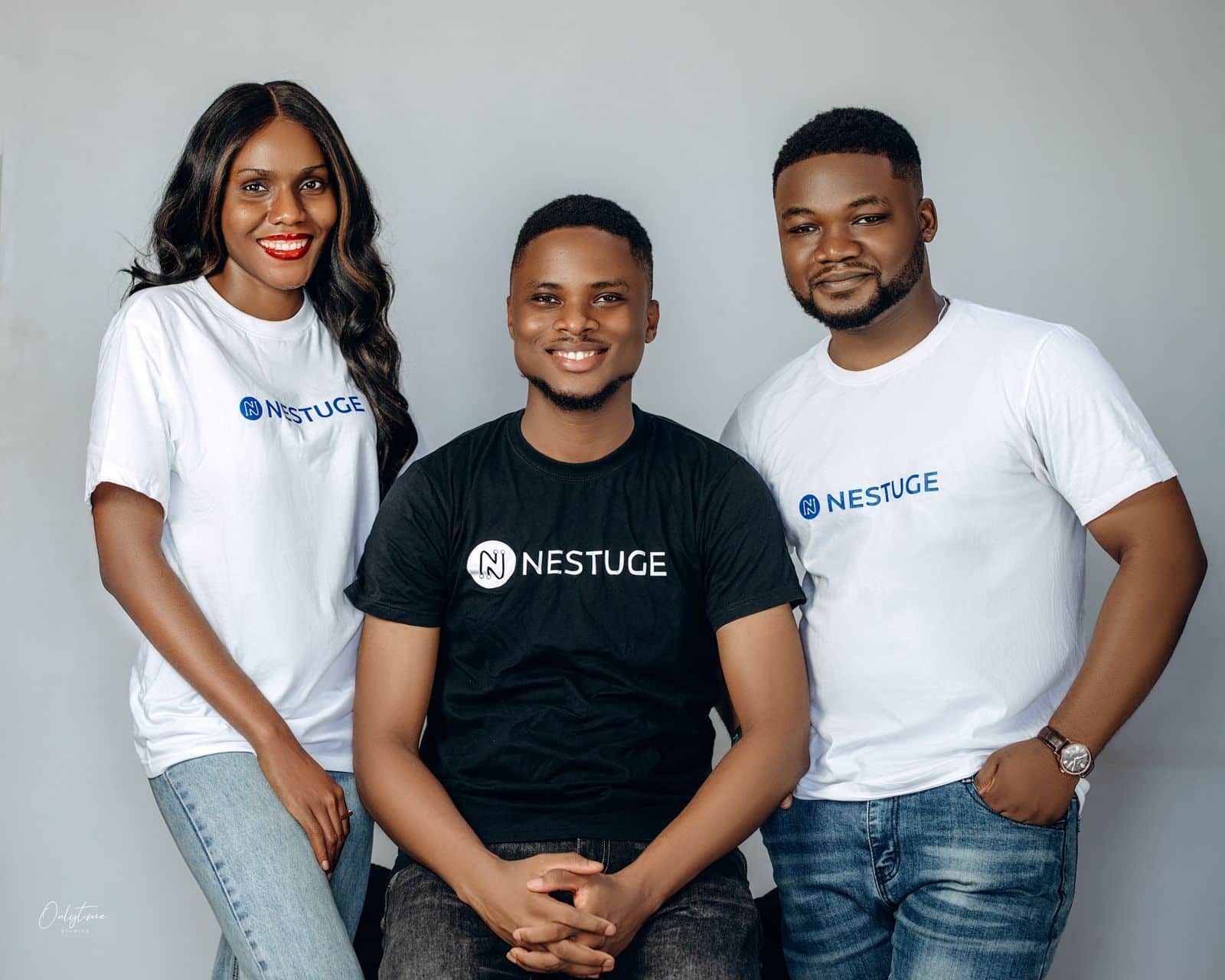Founding more than one startup is common among founders globally. And Techpoint Africa‘s West African Startup Decade Report reveals that six out of ten founders/co-founders in West Africa who raised $1 million cumulatively over the last ten years were not new founders.
Without dwelling on what became of their previous ventures, additional data revealed that this stands them in good stead for subsequent ventures.
Though a lot of information can be gotten from looking at a business’ plan, model, funding channel, and legal paperwork, etc., but the funding activities are mostly regarded.
Entrepreneurs averse to bootstrapping, loans, and debt financing see external funding in the form of private equity, venture capital, or angel investments as common alternatives. In all this, the business owner has to figure out how to arrange the inflow of money.
And investors seeking potentially high-yield ventures look beyond the problem a product will solve, idea presentation, product marketability, and personal biases. Available data reveals that investors believe the founder is a critical factor in their decision-making process.
When asked what he considers before deciding to back a startup, Kola Aina’s response could well be summarised as “Founder first!” As the Founding Partner of Ventures Platform — a Nigerian Venture capital firm — he noted in a podcast:
We start with evaluating the company by looking at the founders first. Although it sounds cliche, we want to make sure that we’re backing a founder that can be our friend. I would ask myself if I can work for this founder or if they are inspirational enough.
Supporting his claim, Kayode Oyewole, a partner at the same VC firm remarked:
One of the recurring things about the founders we support is the ‘compelling why’. Some of the founders we support are some of the smartest people you will find anywhere in the world. We think about how much of a privilege it is to back the right set of founders.
If this is true across board, surely different investors are attracted to founders for varying reasons. However, there seems to be a common ground.
According to Techpoint Africa’s latest report, startups in the West African region raised $1.8 billion between 2010 and 2019; it also reveals that serial founders accounted for 82.7% of the amount raised.
What this suggests is that new founders are less likely to get investments than serial founders. Interestingly, the trend is the same regardless of the funding amount: $5 million or $100 million.
It is highly probable that founders are ignorant of what makes investors join a funding round and it only becomes obvious after their first or second attempts at running a startup.
This would explain Sim Shagaya’s success in the edtech space with uLesson.
Before uLesson, getting $1.3 million in seed for an African edtech product was almost impossible.
It stands to reason that Shagaya’s time at Konga, DealDey, and e-motion gave him an advantage. Put simply, uLesson’s success can be credited to the founder.
Other founders like Shagaya are spread across the West Africa region and in its just-released Decade Report, Techpoint Africa shines a spotlight on these personalities.
For other points of interest on what else sets serial entrepreneurs from first timers, get the West African Startup Decade Report.











